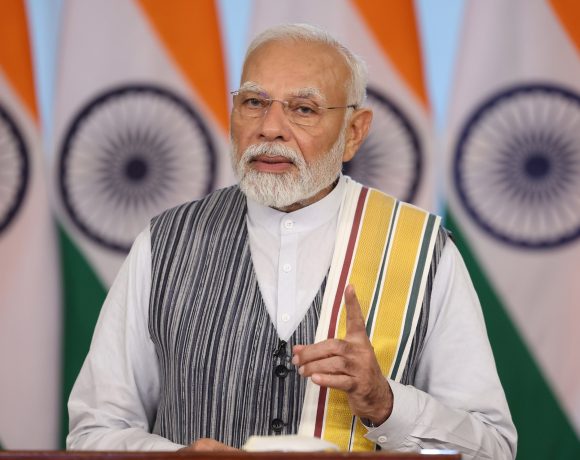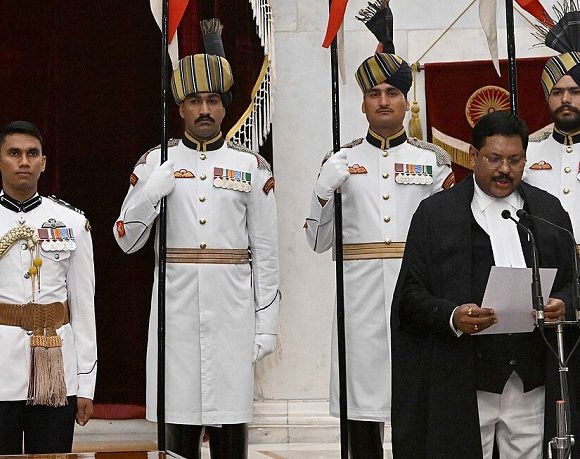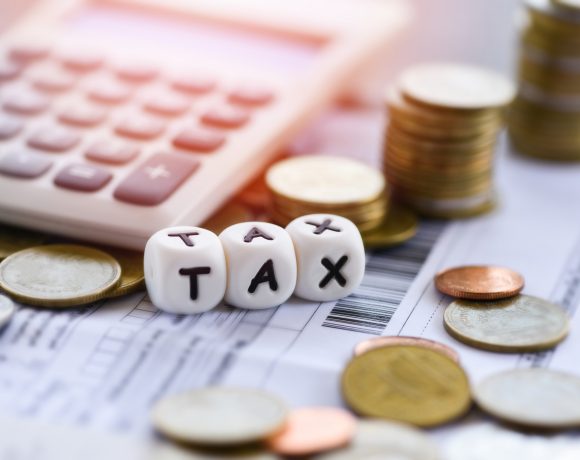
Tharoor Urges 50% Tariff on US Goods if Duties Remain
Senior Congress leader Shashi Tharoor has suggested that India should respond firmly if the United States does not withdraw its recently increased tariffs on Indian goods. He proposed that India raise its average tariff rate—currently around 17%—to 50% to match the U.S. move, but only if Washington fails to reverse its decision after the 21-day observation period.
Tharoor said that India should not be afraid to take strong steps to protect its trade interests and that retaliatory tariffs would be a justified and proportionate response if the situation persists.
U.S. Tariffs Linked to Russian Oil Trade
The latest tariff hike by the U.S. has been linked to India’s continued purchase of Russian crude oil. However, Tharoor pointed out that several other countries importing Russian oil have not faced such punitive action. He called the U.S. policy discriminatory and politically motivated, adding that India must not tolerate being singled out for its energy choices.
The United States currently accounts for over $90 billion in bilateral trade with India, and experts warn that a prolonged tariff dispute could disrupt supply chains and hurt Indian exporters, especially in sectors like textiles, pharmaceuticals, and machinery.
India Asserts It Will Defend National Interests
In response to the U.S. decision, India’s Ministry of External Affairs described the move as “unfair, unjustified, and unreasonable.” Tharoor echoed this sentiment and said India must explore alternative markets and reduce over-dependence on any single trade partner.
He also emphasized that while diplomacy should be the first course of action, India should be fully prepared to act if talks fail to produce results. “We must be ready to respond in kind,” Tharoor stated.
Experts Say Tariff Standoff Could Escalate
Trade analysts believe that if both countries impose steep tariffs, it could mark the beginning of a wider trade standoff, potentially affecting global investor confidence. However, they also note that both sides have enough incentive to avoid such an outcome and might seek a negotiated settlement before retaliatory actions are formalized.


















